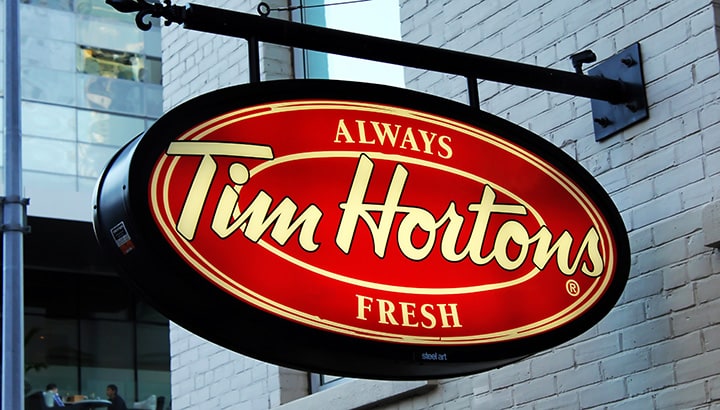
Yet, while both companies insist the move is about the brands’ continued expansion, it is widely considered to be the latest in a series of “tax inversions” by US companies, spearheaded by the pharmaceuticals market.
The $11bn deal will see Burger King move its tax base to Canada, where corporate tax is 26.5%, compared to 35% in the United States. This has been met with considerable criticism from both members of the public, and the political elite.
Boycotts
In July this year, Barack Obama described tax inversion deals as an “unpatriotic loophole”. But, the White House has as yet not managed to gather enough support in congress to ban the practice outright.
Burger King has ploughed ahead with its plan, and when news of the deal leaked, Ohio Senator Sherrod Brown, a member of the Senate finance committee, called for a boycott of the chain. He urged consumers to take their custom elsewhere, and said, “Burger King’s decision to abandon the US means consumers should turn to Wendy’s Old Fashioned Hamburgers or White Castle sliders.”
He was joined by Senator Bernie Sanders, who said, “The American people are sick and tired of large corporations not paying their fair share of taxes, running abroad for cheap labour, and in the case of Burger King, running abroad to lower their tax rates.”
As soon as the news leaked, Americans began turning to social media to express their frustration with the brand, largely under a #boycottburgerking hashtag. One commented, “If you attempt to buy Tim Horton’s for the purposes of evading US Taxes, I will NEVER step foot in another Burger King again.”
The business case
But, the firm is adamant that its move is primarily to capitalise on opportunities for growth and expansion.
The $11bn dollar deal will see the two brands run separately, but their unified holding company will control 18,000 restaurants in 100 countries.
The firm insisted in a statement, “The decision to create a new global QSR leader with Tim Hortons is not tax-driven – it’s about global growth for both brands. BKC will continue to pay all of our federal, state and local US taxes.”
And, by aligning itself with the Canadian take away breakfast giant, Burger King is taking on a growing part of the fast-food market. The move was announced just a week after McDonalds revealed that it would be taking an at-home version of its in-store coffee into US supermarkets, hoping to raise its profile as a competitor in the coffee market.
Whatever the motives, Burger King and Tim Hortons will become a formidable quick service force. The deal would create the third-largest fast-food restaurant company in the world, with about $22 billion in system sales (mostly franchised). The stocks of both companies soared after the talks were confirmed. Tim Hortons shares opened up 20%, and Burger King’s rose 15%.
Whether public pressure will be enough to stem this enthusiasm, however, will remain to be seen
Ellie Clayton
